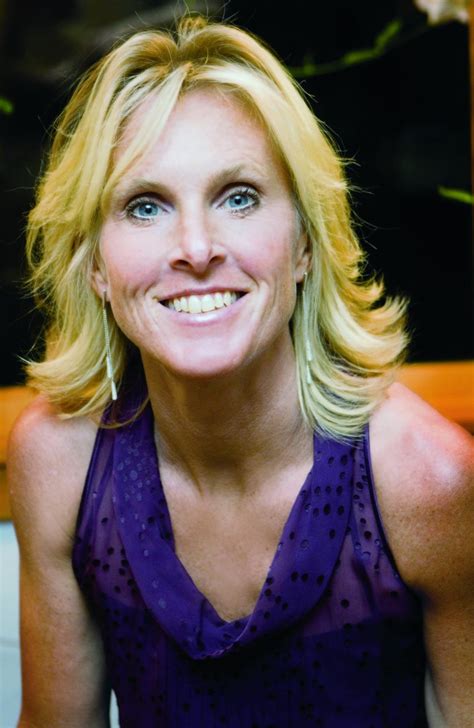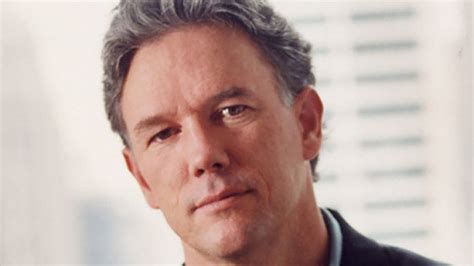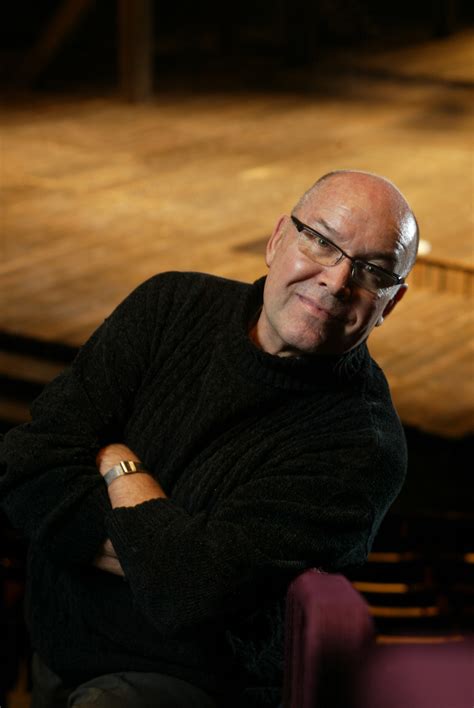A Quote by Nic Pizzolatto
I grew up in a working-class Catholic family in south Louisiana. I went to a state university. I taught literature, wrote a novel that was the novel I wanted to write, and got a couple of good reviews but no real traction. I had no idea how to get a job in TV.
Related Quotes
You can't have a novel without real, believable people, and once you get into either too theoretical a novel or too philosophical a novel, you get into the dangers that the French novel has discovered in the past 50 or 60 years. And you get into a sort of aridity. No, you have to have real, identifiable people to whom the reader reacts in a way as if they were real people.
I always was interested in prose. As a teenager, I published short stories. And I always wanted to write the long short story, I wanted to write a novel. Now that I have attained, shall I say, a respectable age, and have had experiences, I feel much more interested in prose, in the novel. I feel that in a novel, for example, you can get in toothbrushes and all the paraphernalia that one finds in dally life, and I find this more difficult in poetry.
I grew up with a single mom who was a waitress. We were on food stamps. My mom then got Pell Grants, put herself through college to get a degree to get a better job. Because we were broke, I then had to go to a state school. I went to Temple University, and had to get loans. So I grew up in a world where I saw the government helping individuals pull themselves up, and saw it work very successfully.






































